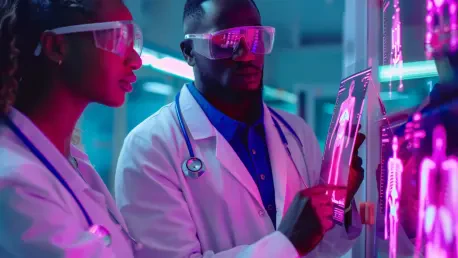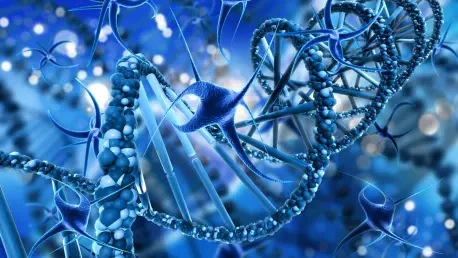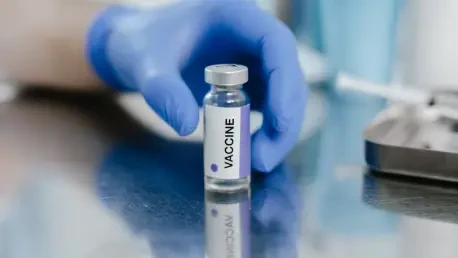
Biopharma companies have always operated at the edge of uncertainty. Scientific discovery is inherently unpredictable, regulatory hurdles are steep, and supply chains span the globe. Yet the past several years have brought disruptions of a different magnitude: pandemics, geopolitical instability,

For decades, the commercial spotlight in biopharma has shone the brightest on high-prevalence conditions—diabetes, heart disease, and oncology. But a quieter revolution is unfolding in the rare disease space, where smaller patient populations are redefining how value is created. Behind every

Misdiagnosis is a problem facing medicine today. A significant reason for this challenge is that many diseases overlap and present similar symptoms, making it difficult to accurately differentiate them. Enter nanomaterials with their unique properties, offering a revolutionary approach to treating

Precision medicine , “an emerging approach for disease treatment and prevention that takes into account individual variability in genes, environment, and lifestyle for each person,” might be pharma’s next big bet, but at what cost, and are stakeholders prepared to pay? It goes without saying that

The biopharmaceutical industry is entering its modular era. Drug development no longer operates with singular, siloed breakthroughs, but rather thrives on systems that are reused, reconfigured, and simulated. From plug-and-play manufacturing redefining flexibility to digital twins transforming

Predicting how a biotherapeutic will behave in humans is a critical step in drug design —but it's far from straightforward. While nonclinical models can help foresee certain negative effects, they often fall short when it comes to immunotoxicity and other immune-related reactions. With the growing